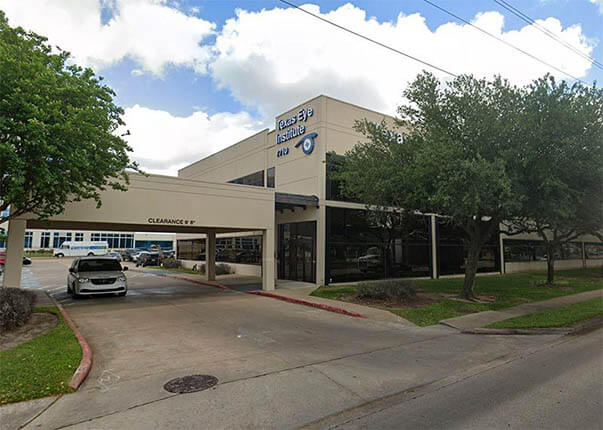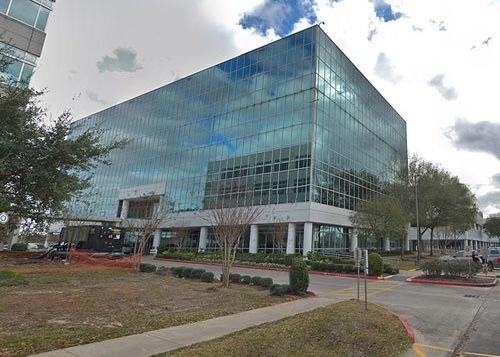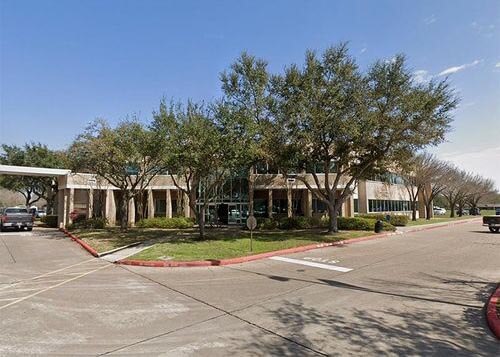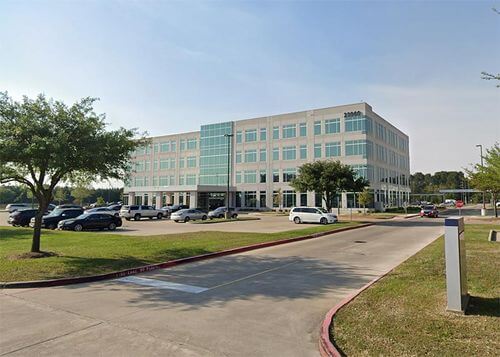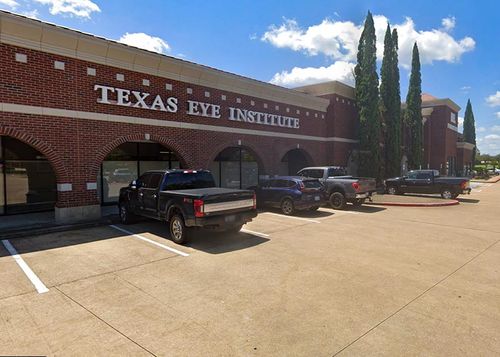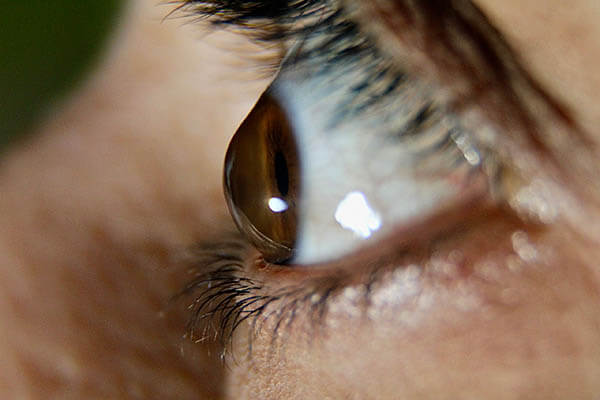
Keratoconus which is pronounced (KEHR-ah-toh-KOH-nus), is an uncommon eye condition where the typically round, oval-like cornea becomes thin and develops a cone-like bulge. Keratoconus literally means “cone-shaped cornea.” The cornea is the clear, front part of the eye. The cornea actually expands outward and the cornea becomes extremely steep. It is very common that keratoconus affects both eyes of an individual, however symptoms will vary from patient to patient. The cause of keratoconus is still unknown. Some researchers believe that genetics play a role, since an estimated 10% of people with keratoconus also have a family member with the condition.
The cornea is a very crucial part of your eye and has a lot to do with how you actually see. As light enters the eye, it refracts, or focuses, the light rays so that you can see clearly. With keratoconus, the shape of the cornea is altered, distorting your vision. Keratoconus can make many activities difficult, such as skiing, driving, typing on a computer, watching television. Some basic activities just become overwhelmingly difficult for a keratoconus patient.
Keratoconus is routinely problematic in both eyes, however; symptoms in each eye may differ. It is a myth that keratoconus only affects older people or seniors with vision problems. Keratoconus can affect persons of all ages but typically starts to develop by the mid to late teens years. The rate of keratoconus progression varies. It will often progress slowly for 10 to 20 years and then suddenly stop. As the condition progresses, most common symptoms include:
Treatment will often depend on the severity of the condition. During early stages, vision can be corrected with eye glasses. As the condition progresses, rigid contacts may need to be worn so that light entering the eye is refracted evenly and vision is not distorted. You should also refrain from rubbing your eyes, as this can aggravate the thin corneal tissue and make symptoms worse.
When good vision is no longer possible with contact lenses, a corneal transplant is recommended. This surgery is only necessary in about 10-20% of patients with keratoconus. In a corneal transplant, a cornea specialist removes the diseased cornea from your eye and replaces it with a healthy donor cornea.
While a corneal transplant will relieve the symptoms of keratoconus, it may not provide you with flawless vision; eye glasses or contacts may still be needed to achieve your best vision.
Due to the irregular shape of the corneas that have keratoconus LASIK or laser vision correction is often ruled out. The orbscan diagnostic device can determine the steepness of your cornea through a simple eye test and a topographic map of your eye can be measured. If you are a patient that develops keratoconus and you would like to experience the same lifestyle benefits that LASIK has brought millions of people please make sure to discuss this desire with our cornea eye doctors. Recent advancements may make you a candidate for a different type of refractive surgery. Intraocular Lens Implantation might be a viable option.
Page Topics Include: Cornea Surgery Houston, Corneal Specialists in Houston Texas, Keratoconus Doctors TX,
NOTE: Patients with keratoconus are typically not good candidates for LASIK eye surgery. With the assistance of a corneal specialist ophthalmologist like our houston eye doctors, a patient with keratoconus can receive the very best and latest treatment modalities. A cornea specialist typically performs extra fellowship training after medical school to treat this special eye condition.
Texas Eye Institute is proud to provide five convenient locations for your eye care needs. Visit one of our convenient locations in Angleton, Sugarland, Southwest Houston, Katy, or Southeast Houston to see why the Texas Eye Institute is the best choice to care for your vision. Need LASIK in Houston? What about a comprehensive eye exam in Sugarland? See our locations page to find our practice nearest you!
